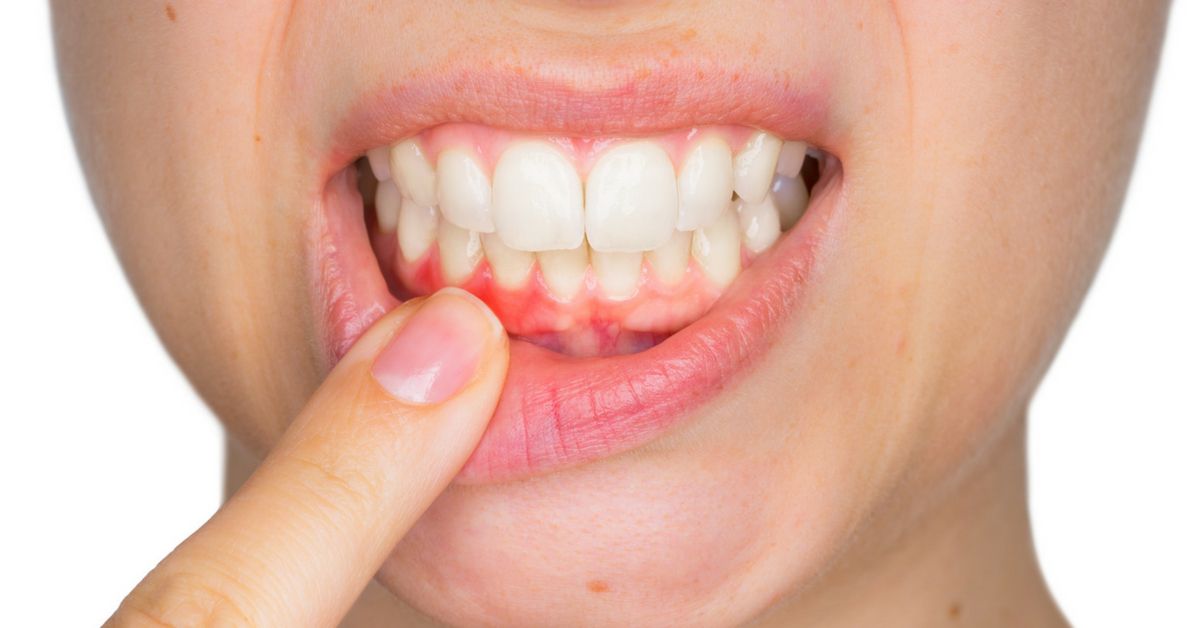It's normal to see some blood on your toothbrush or in the sink after cleaning your teeth a little too hard or if you've eaten foods that scratch your gums, but this shouldn't be an everyday occurrence.
If you notice that your gums are regularly bleeding, then it could be because of something a lot more serious.
While this can be alarming, you don't have to panic just yet as there are a number of preventable and treatable common causes of bleeding gums.
Here are seven reasons why your gums are irritated and what you can do to stop the bleeding:
1. Plaque build-up
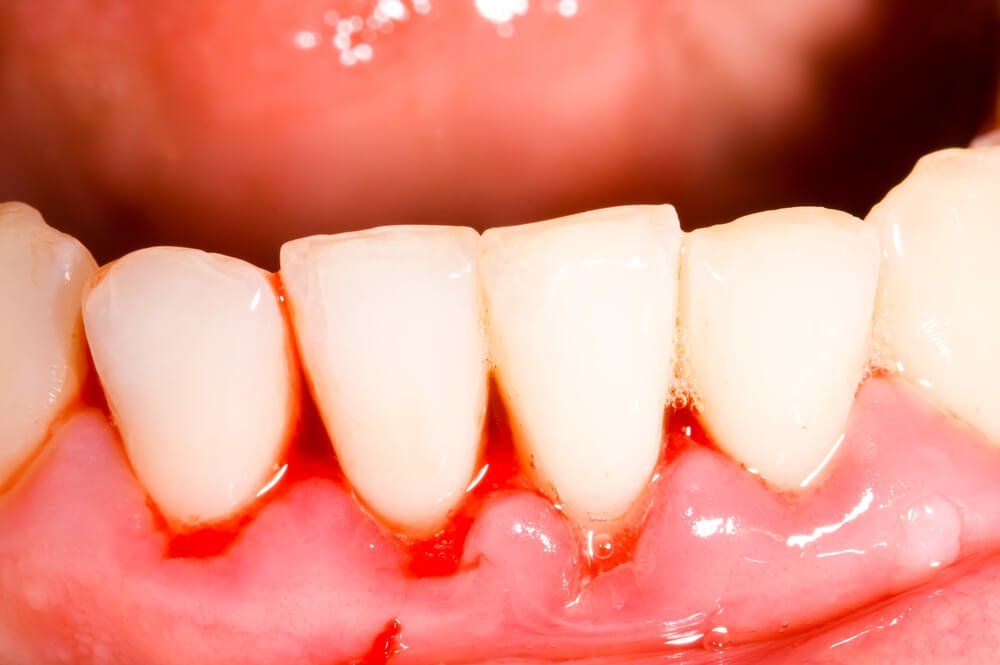
Gingivitis, which is the first stage of gum disease, is one of the main causes for bleeding during brushing.
The condition occurs when excessive plaque forms on your teeth and gumline. This triggers a slew of issues like swelling and bleeding while brushing. If left untreated, plaque becomes tartar, and could lead to a more serious condition known as periodontitis, which can cause tooth loss.
As long as you're keeping up with your dental appointments and maintaining proper oral hygiene, which usually means brushing at least twice a day and flossing daily, then you can easily fight gingivitis.
2. You have a poor diet

Your diet plays a big role in your overall well-being, including your oral health.
Having a healthy and balanced diet means you're consuming foods that contain nutrients that help prevent oral diseases. Doctors recommend eating leafy greens as they're rich in calcium, folic acid, as well as vitamins like vitamin D.
Dr. Peter Doig, a Manitoba-based dentist, and president of the Canadian Dental Association says don't buy into the hype about "miracle" foods that are supposed to promote healthy gums and teeth.
"The only miracle is the toothbrush," Doig tells Reader's Digest. "A combination of good oral hygiene and overall health is the best prevention."
3. You're on medication

Certain medications can interfere with your oral health, which is why the dentist always asks you if you've started taking new drugs since your last visit.
Prescription drugs, including those for meant blood pressure, allergies, and seizures, can cause inflammation in the gums, while other medication can affect your mouth's salivary flow, all of which can lead to bleeding.
Always make sure your dentist is aware of any changes to your prescriptions so your oral routine and products can be adjusted accordingly.
4. You're a smoker
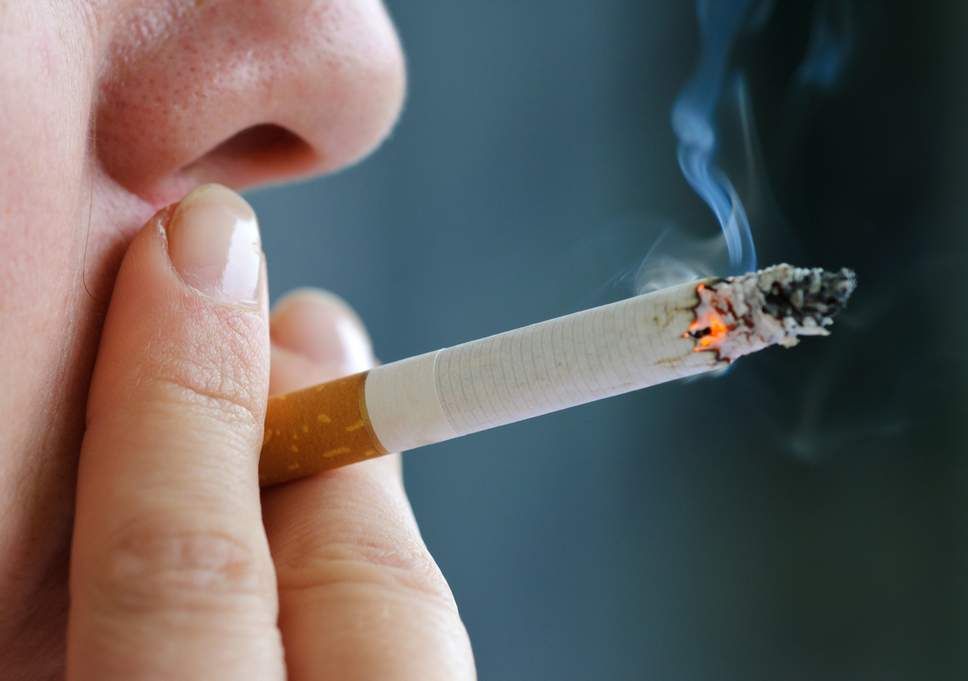
Discoloration isn't the only thing that happens to your teeth when you smoke cigarettes.
Smoking leads to many other dental problems, including buildup of plaque, tartar, and toxins, that are difficult to control through your regular brush and floss routine. This can eventually cause gums to become irritated and bleed.
The best solution is to quit smoking, but if that's not possible, then make sure you're regularly visiting your dentist and maintaining proper oral hygiene.
5. You're experiencing hormonal changes
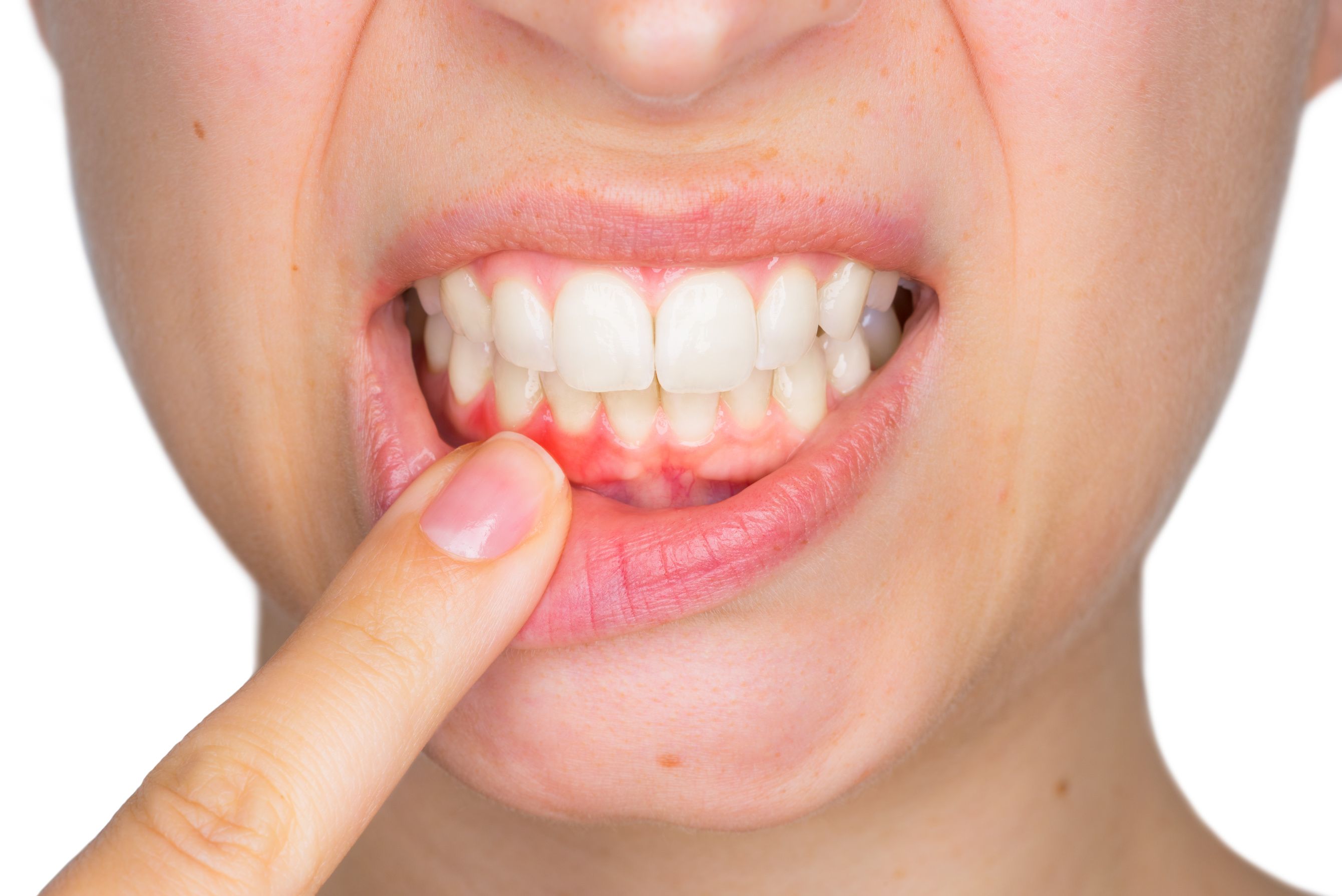
Even with proper oral hygiene and diet, many women experience what Diog calls "hormonal gingivitis," which occurs during their monthly cycle.
The hormonal changes in your body during menstruation or pregnancy alter how your body fights off bacteria that causes gum disease, which increases the occurrence of bleeding gums or even periodontitis.
Speak to your dentist if you believe that your hormones are causing your gums to bleed.
6. You have a new routine
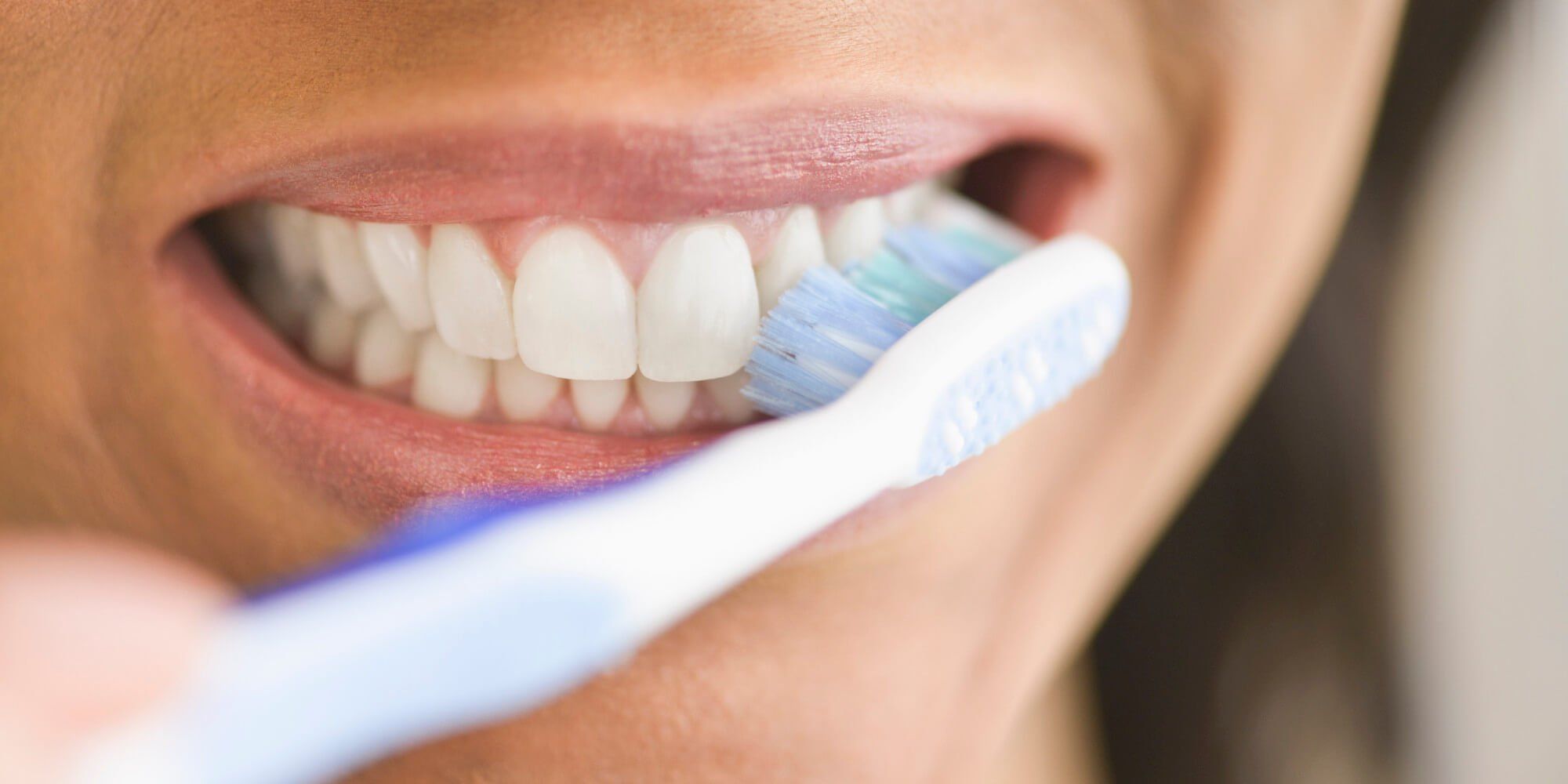
Sometimes your gums will bleed just because you have switched up your daily brushing or flossing routine.
Using a new toothbrush or increasing the frequency of how often you clean your teeth can trigger bleeding.
This shouldn't last more than a week, so if it goes on longer, it's time to have a chat with your dentist or dental hygienist.
7. You breathe through your mouth
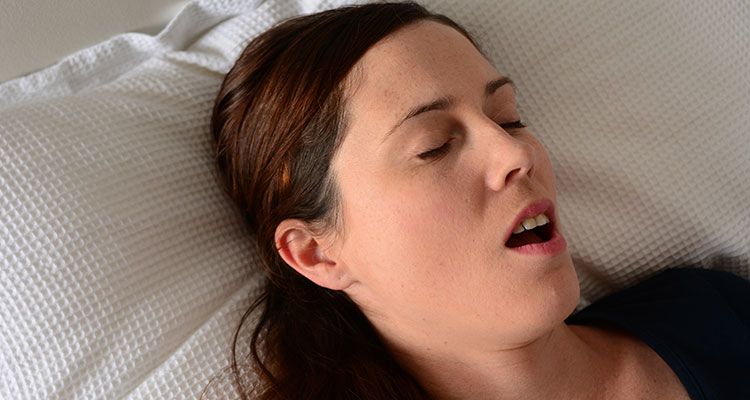
There are many among us who breathe through their mouth while sleeping and it can have some negative effects on healthy gums.
Breathing through your mouth causes dryness, which changes the pH and makes it easy for bad bacteria to take over. As a result, you may start to notice your gums change color, swell up, and bleed. You'll also experience bad smelling morning breath.
Some people found the "mouth-taping method" helpful, but you should first ask your dentist for a solution if you think that you've been breathing through your mouth more than your nose.
Do your gums bleed often? Let us know in the comments!
Here are more changes to your body you should look out for:
Having Hairy Nipples Could Be A Sign Of Serious Health Concerns
How Your Fingernails Are Trying To Warn You About Your Health
